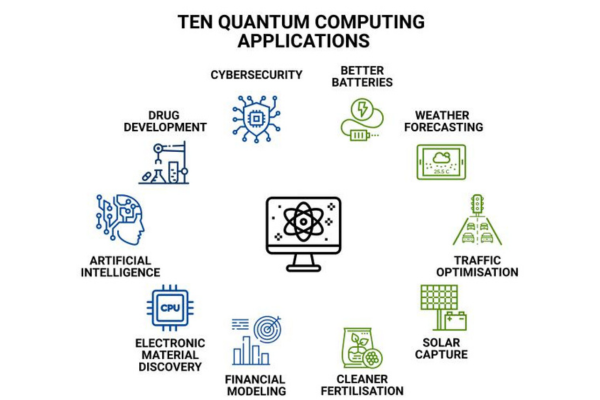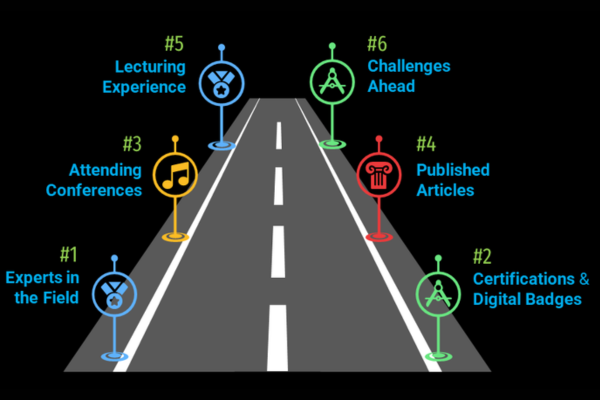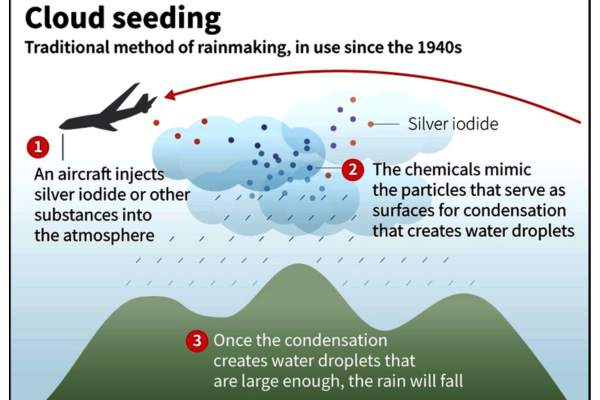In the world of technology, quantum computing is one of the most exciting and revolutionary fields. It promises to solve problems that are currently beyond the reach of classical computers, potentially transforming industries and society as a whole. But what exactly is quantum computing, and why is it such a big deal? In this blog, we’ll explore the fundamentals of quantum computing, its potential applications, and the challenges that lie ahead.
Table of Contents
What is Quantum Computing?
At its core, and leverages the principles of quantum mechanics, a branch of physics that deals with the behavior of particles at the atomic and subatomic levels. Unlike classical computers, which use bits as the smallest unit of data (representing 0 or 1), quantum computers use quantum bits or qubits. Qubits can represent and store information as 0, 1, or both simultaneously, thanks to a property called superposition.
Key Principles of Quantum Computing:

Superposition: Qubits can exist in multiple states (0 and 1) simultaneously. This allows quantum computers to process a vast amount of information at once, exponentially increasing their computational power.
Entanglement: Qubits can become entangled, meaning the state of one qubit can depend on the state of another, no matter the distance between them. This interconnection allows for faster and more efficient processing of complex computations.
Quantum Interference: Quantum algorithms leverage interference to amplify correct answers and cancel out incorrect ones, leading to faster problem-solving capabilities.
Potential Applications of Quantum Computing:

It has the potential to revolutionize various fields by solving complex problems that are currently intractable for classical computers. Here are some areas where quantum computing could have a significant impact:
Cryptography: Quantum computers could break current cryptographic codes, which rely on the difficulty of factoring large numbers—a task classical computers struggle with. Conversely, quantum cryptography could create virtually unbreakable encryption, enhancing data security.
Drug Discovery and Healthcare: It can simulate molecular interactions at an atomic level, speeding up drug discovery and development. This could lead to the creation of new medicines and treatments for diseases much faster than current methods allow.
Optimization Problems: Industries such as logistics, finance, and manufacturing often deal with complex optimization problems. Quantum computers can find optimal solutions more efficiently, improving operations and reducing costs.
Artificial Intelligence and Machine Learning: Quantum computing can enhance machine learning algorithms, making them faster and more accurate. This can lead to significant advancements in AI, from natural language processing to autonomous systems.
Climate Modeling and Material Science: Accurately modeling climate patterns and developing new materials require immense computational power. Quantum computing can provide more precise simulations, aiding in climate change research and the creation of advanced materials.
Challenges and the Road Ahead:

Despite its immense potential, quantum computing faces several challenges:
- Technical Challenges: Building and maintaining quantum computers is incredibly complex. Qubits are highly sensitive to environmental disturbances, requiring extremely low temperatures and sophisticated error-correction techniques to function correctly.
- Scalability: Currently, only small-scale quantum computers exist. Scaling up to thousands or millions of qubits while maintaining coherence and reducing error rates is a significant hurdle.
- Algorithm Development: Quantum algorithms are still in their infancy. Developing new algorithms that can fully exploit the power of quantum computing is a crucial area of ongoing research.
- Resource and Expertise: It requires substantial investment in terms of resources and expertise. The field is highly specialized, and there is a limited number of experts with the necessary skills to advance the technology.
Conclusion:
Quantum computing represents a paradigm shift in technology, with the potential to solve problems that are currently beyond the reach of classical computers. While significant challenges remain, ongoing research and development are steadily pushing the boundaries of what is possible. As we continue to unlock the mysteries of quantum mechanics, the future of quantum computing looks promising, with far-reaching implications for science, industry, and society.
As quantum computing advances, staying informed and engaged with the latest developments will be crucial for anyone interested in the future of technology. Whether you are a tech enthusiast, a student, or a professional, understanding it will undoubtedly be a valuable asset in the years to come.






